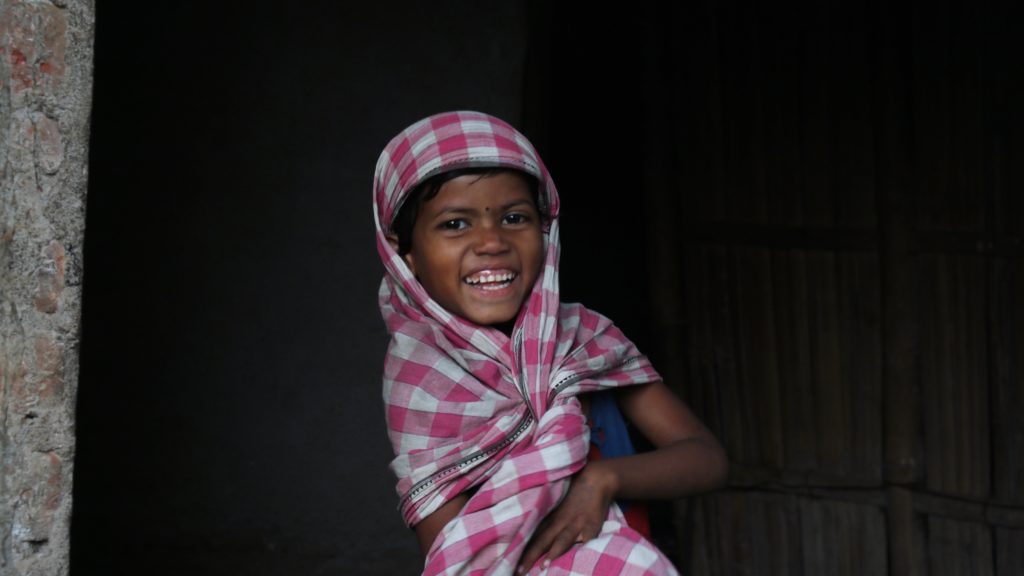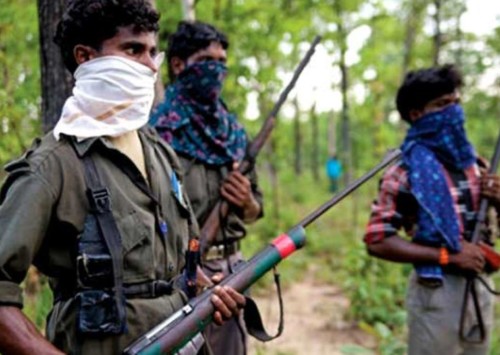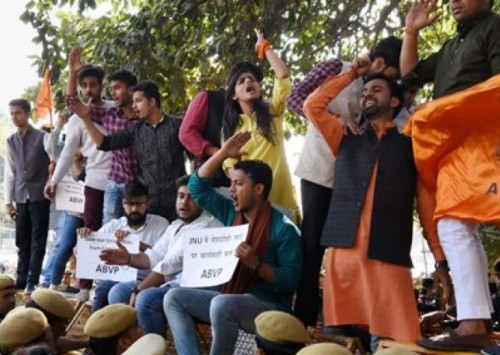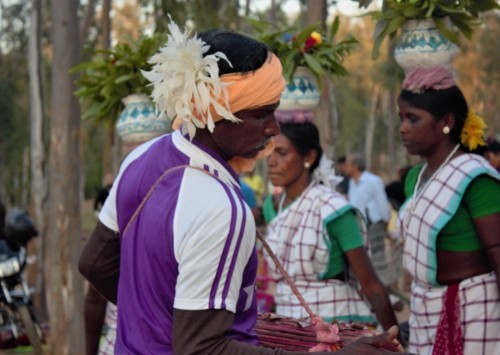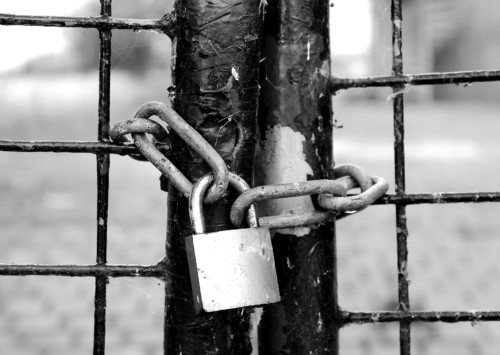Human Rights Watch World Report 2017 finds India reeling
The Human Rights Watch World Report 2017 finds India to be a nation violating human rights in more than ten issues including women’s rights, freedom of speech, gender identity and treatment of minorities, to name a few.
Human Rights Watch (HRW) is a New York-based non-governmental organisation advocating and conducting research on human rights issues all over the world. The holistic report has scratched the surface hard and drafted an eleven pointer report on India and its gradual nonchalant attitude towards human rights.
Kenneth Roth, the Executive Director of Human Rights Watch in his keynote to the World Report 2017 mentions Prime Minister Modi and his ignorance to the imperative human rights issues in India. He writes,”Prime Minister Narendra Modi of India tried to shut down critical civic groups as he closed his eyes to intimidation and hate crimes by Hindu nationalist groups against religious and ethnic minorities.”
Since 2012
In 2012, the second Universal Periodic Review (UPR) on India identified India’s regressive stance against social issues violating human rights in various sections. However, the Indian government tried to defend themselves stating that their approach towards the protection of human rights characterises holistic, inclusive and multi-pronged efforts that include laws and policies to make human rights ‘real and meaningful’.
India’s stance since the 2012 review can be outlined by amendment of the criminal laws in response to sexual assault, manual scavenging, and laws to protect Dalit and tribal communities. The Supreme Court of India took a strong stand against impunity for security forces under laws such as Armed Forces (Special Powers) Act (AFSPA), which is used to deploy the military to resolve internal conflict situations. The court also recognised transgender individuals as a third gender and ordered a review of its earlier judgment that had upheld a discriminatory colonial-era law criminalising homosexuality.
Interactive map from @free_equal shows shifts in #LGBTI acceptance since 1799 https://t.co/QLTOKdFCBF #CultureOfLove #IDAHOT pic.twitter.com/seRduwzTLq
— United Nations (@UN) May 17, 2017
Third UPR on India
The Human Rights Watch on May 1 said that the United Nations member countries should call on India to stop targeting non-governmental organisations (NGOs) and others who criticise the government or its policies. The third review of India’s human rights record under the UPR procedure on May 4 was conducted under the United Nations (UN) Human Rights Council in Geneva.
The submission of the report throws light on the central government’s abuse of broad laws to clamp down on NGOs and on the right to freedom of expression. The submission also details India’s failure to contain and prosecute vigilante attacks on minorities by groups supporting the ruling Bharatiya Janata Party (BJP) and the lack of accountability for killings, torture, and other serious violations by state security forces.
“The UN review comes at a time when freedoms long-cherished in India are seriously being challenged and critics are increasingly under attack,” said Meenakshi Ganguly, South Asia director of HRW. “UN member countries should raise alarm bells that India’s proud history of respect for peaceful dissent is crucial for protecting the poor and vulnerable is at real risk.”
The third UPR review points out how the Indian government failed to carry out recommendations from the previous UPR review. Issues such as protection of people from enforced disappearance, torture and its optional protocol, labour laws, minority laws, etc.
“India likes to point to its courts as the ultimate defender of human rights in the country, but the government has often ignored judicial orders for police reform or security force accountability,” Ganguly said. “UN member countries should impress upon India that it should treat the UN review as an opportunity for honest reflection and to carve a way forward.”
Eleven points report traces India’s human rights violation
The HRW report on India points out the rampant limits on free speech and attacks on religious minorities led by vigilante groups that claim to be supporters of the ruling party. Students are accused of sedition for expressing views, while people raising concerns over civil liberties were deemed anti-Indian. Dalits and Muslims were attacked on suspicion they had killed, stolen, or sold cows for beef; and NGOs came under pressure due to India’s restrictive foreign funding regulations.
India make public spaces safe, ensure access to justice,health services fr sexual assault survivors, police accountability, sex educatn.#VAW
— Jayshree Bajoria (@jayshreebajoria) May 6, 2017
The report elaborates on the following points:
Security Forces Abuses and Lack of Accountability, Treatment of Dalits, Tribal Groups, and Religious Minorities, Freedom of Speech, Civil Society and Freedom of Association, Women’s Rights, Children’s Rights, Sexual Orientation and Gender Identity, Rights of People with Disabilities, Death Penalty, Foreign Policy, Key International Actors. Here’s the full report on India.
#UPR27 report of #UPR WG on #India adopted. Has 250 recommendations on #humanrights in India who’ll report back to #HRC by Sept w/ position
— HRC SECRETARIAT (@UN_HRC) May 9, 2017
Fact check: Custodial deaths in India are increasing and the accountability for police is extremely rare. Between 2010 and 2015, at least 591 people died in police custody in India. Watch this video from Human Rights…

